detail profile fernanda negri pouget
Peran Yang Di Mainkan Fernanda Negri Pouget
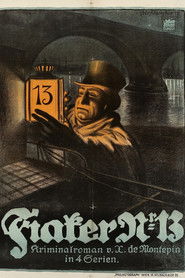 Il Fiacre n 13 from the novel...
Il Fiacre n 13 from the novel...Cab Number 13 1917
Il Fiacre n. 13, from the novel of the same title by Xavier Henri Aymon Perrin, Count of Montépin, a highly prolific and much-loved author whose books were vehicles for the depiction of social inequality, narrating stories of love, death, betrayal, blackmail, and redemption. The sweeping narrative of Il Fiacre n. 13 was mutilated by the Italian censor’s suppression of its first part, the most cynical episode, which sets the scene for a scheme discernable in the other three episodes, as the story develops from a sordid murder through plotting and deceit to finally reach a happy ending.
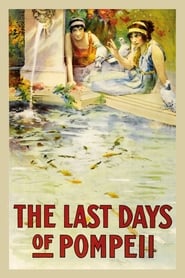 Wellrespected Pompeiian Glaucus performs an act...
Wellrespected Pompeiian Glaucus performs an act...The Last Days of Pompeii 1913
Well-respected Pompeiian Glaucus performs an act of kindness by purchasing Nydia, a blind slave being mistreated by her owner. Nydia falls in love with her new master, but he only has eyes for Ione. Ione in turn is lusted after by Arbace, an Egyptian high priest of Isis. When Nydia beseeches Isis for help in capturing Glaucus' heart, Arbace gives her a "love" potion-- an elixir made to drive Glaucus mad, securing Ione for himself. Ultimately, Mount Vesuvius will end their lives and seal their fates in a terrible, glorious eruption.
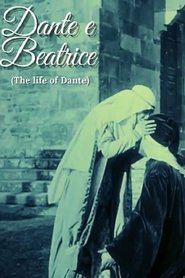 Early biopic of Dante From the...
Early biopic of Dante From the...Dante e Beatrice 1913
Early biopic of Dante. From the Cineteca Milano collection.
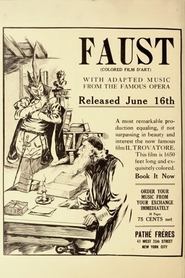 Dr Faust is continually obsessed with...
Dr Faust is continually obsessed with...Faust 1911
Dr Faust is continually obsessed with his quest for knowledge and absolute pleasure. One day, the demon Mephistopheles appears to him in his study in human guise and offers him a deal: a lifetime of total pleasure in exchange for the life of his fiancée Margaret. Faust accepts but is soon forced to realise the impossibility of crossing the boundaries of knowledge and the limits imposed by God.

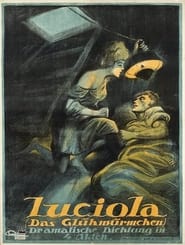 A homeless girl gets taken in...
A homeless girl gets taken in...
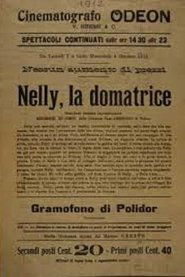 A melodrama about a female lion...
A melodrama about a female lion...